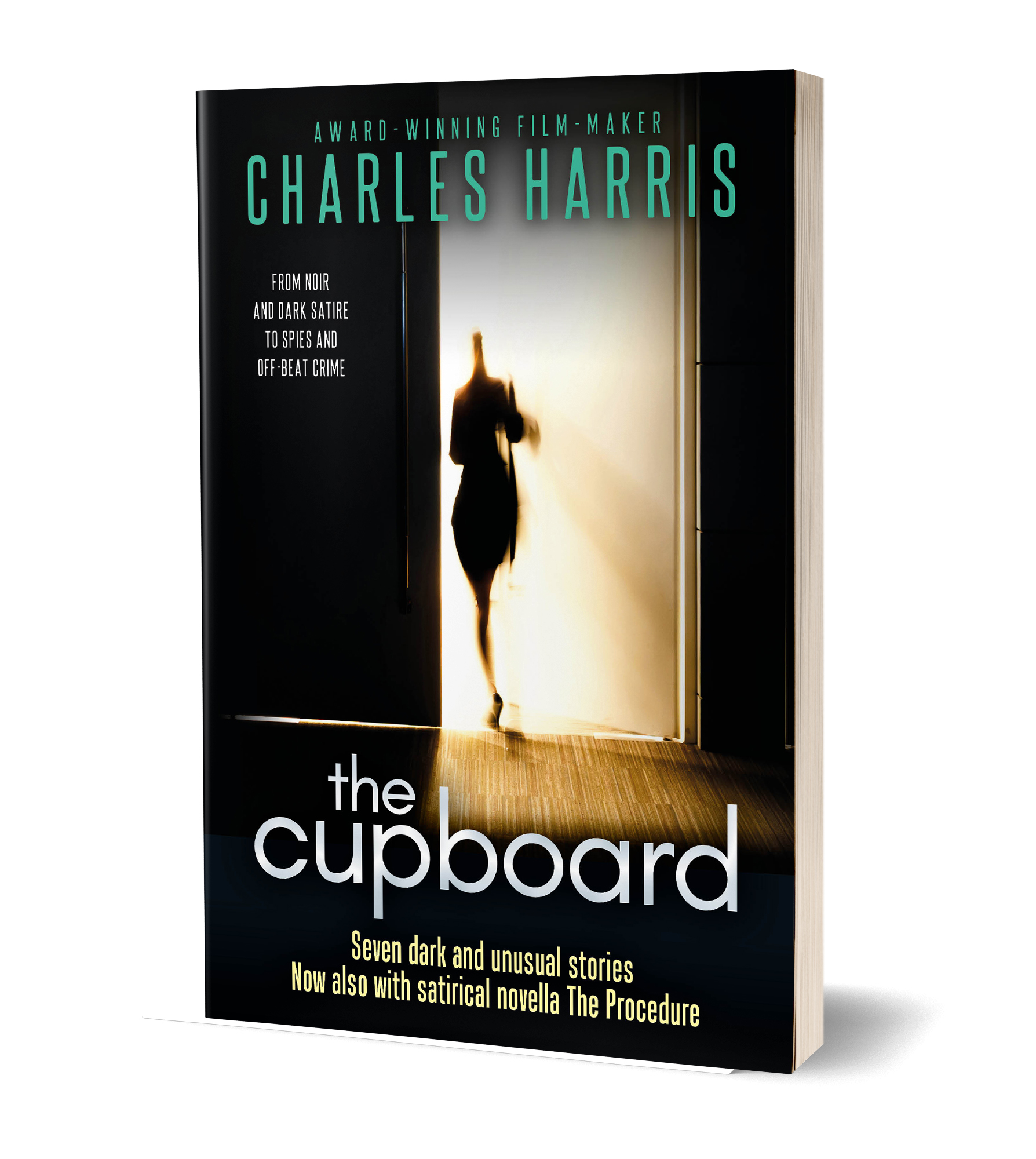Tags
Christian Bale, Death Tax, Dick Cheney, Saddam Hussein, Vice
Word power
Last week, I watched a preview of the new movie Vice – a riveting and at times shocking dramatisation of the life of one of the most powerful men most of us have hardly noticed – Vice President Dick Cheney.

(A brilliant performance by Christian Bale. If you haven’t seen it, it’s a must).
But some of the most shocking moments were actually quite small scenes, which showed how lives can change, millions live or die, just through the manipulation of a few words.
That’s true word power, and that’s what I want to talk about today.
Sticks and stones
Children sing that sticks and stones can break your bones but words can never hurt you.
It’s a lie.
Words are the most powerful things on the planet. They can cause wars, close hospitals, divide nations and kill – they can also bring peace and heal.
As a writer and a reader, words concern me greatly. For a long time I wondered if that was elitist. After all, many writers become best-sellers without caring too much about the quality of the words they use.
Even indie writer friends seem happy to put books out without bothering to get them edited – to have someone challenge them over the correct usage of a word or phrase.
But then we see Dick Cheney at work. He turned the VP from a non-job into one which enabled him to change the United States and – by waging war – the world.
And he did it largely through words.
Word power
One scene from Vice that sticks in my mind shows a focus group discussing estate tax (inheritance tax in the UK). At the time, you only had to pay duty on an inheritance of over $2 million. Most Americans found this fair – it taxed the rich to help the poor.
But the rich didn’t like it at all.
(To be fair, farmers also had a grouse, because the tax could force relatively poor families to sell up).
Cheney’s team realised that the name was the problem. Call it “estate tax” and people couldn’t care less.
But revive the old term “death tax” and suddenly public opinion changed. How unfair! A tax on the dead.
It worked. Suddenly the phrase was everywhere – from Congress to Oprah. In 2001 Cheney succeeded in getting US estate tax abolished.
(It has returned since, but in 2018, the exemption had been increased to $11.18 million, more than five times the level when Cheney started).
Word power at war
After 9/11, words allowed Cheney to convince the American public to go to war with Iraq, irrespective of the facts.
Words such as war on terror and weapons of mass destruction. He also insisted against all the evidence that there were links between Saddam Hussein and al-Qaeda.
Whatever your views on war or tax, the power each time lay in the words.
Lies, damn lies and clichés
I believe that both as writers and readers we are manipulated by words – and we have to challenge them – and be challenged on them.
A cliché is not just a cheap way of writing: it stands for a cheap way of thinking. A word that may have a precise meaning, but is rarely used precisely.
Clichés such as fascist, socialist, terrorist and undemocratic.
Or even love, bravery and peace.
Do they really mean what we intend them to mean? Or are they just convenient slogans and insults?
If we don’t read or write clearly and accurately, how can we expect others to think clearly or accurately.
The onus is on us to interrogate what we and other people say.
Like the child who saw the emperor’s new clothes, we should be unafraid to ask the simple, naive questions.
And to point out when the answers fall short.


Tell people what you think